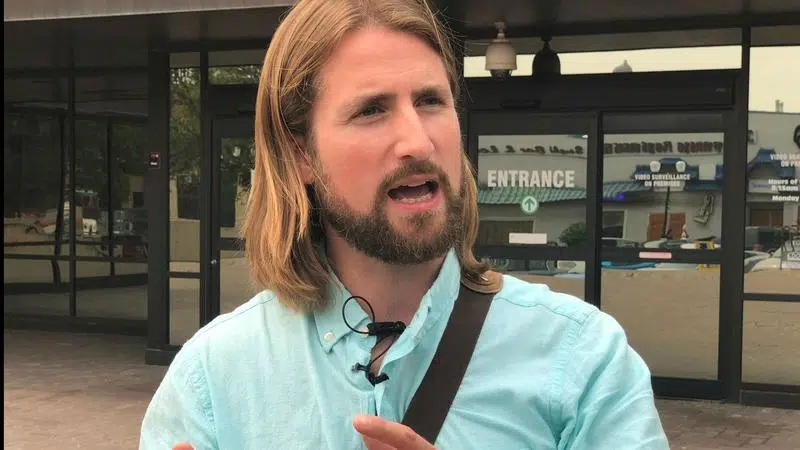
Court hears David Stephan declined ambulance after son Ezekiel initially stopped breathing
LETHBRIDGE, AB – A 9-1-1 call around 9 p.m. March 13, 2012 indicating that 19-month-old Ezekiel had stopped breathing, was played in Court of Queen’s Bench in Lethbridge during day two of testimony in the David and Collet Stephan retrial.
The couple has been charged with failing to provide the necessaries of life, in the death of their toddler son, back in March 2012. Both parents were convicted in 2016, however, in May 2018, the Supreme Court of Canada overturned the conviction, indicating the judge erred in his instruction to the jury and ordered a new trial to take place.
The trial now underway, is the couple’s second.


